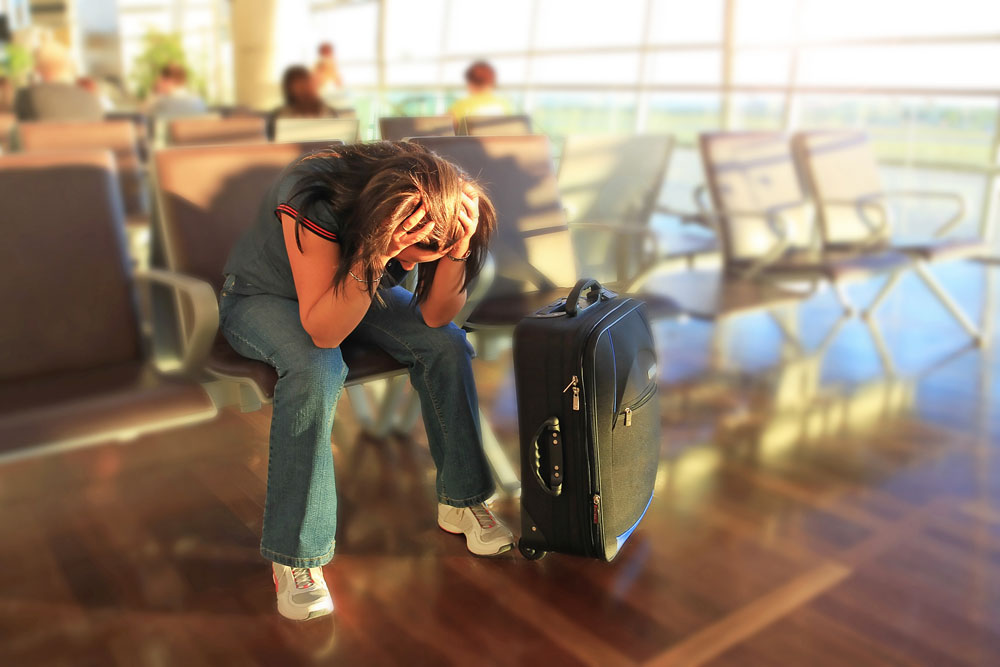Strikes are ultimately the jack-in-the-box of modern employees. They occur unexpectedly for the outsiders and are very thoroughly and sometimes painstakingly prepared by those within a system. Most of us generally sympathize with strikers and agree to their having stopped work as well as the mass refusal of employees to work.
We fell like that because a strike usually takes place in response to employees’ feelings of RESENTMENT or INJUSTICE at having been unfairly treated. They usually have something to complain about and this form of expressing their dissatisfaction is usually their last resort. Airline strikes are all the more an important issue for travelers and staff alike.
Each side has its own justice, its own point of view and as much as we, as travelers agree to strikers’ complaints and action, we really need to get to our destination, to take that flight and not be stranded in an airport waiting for a resolution.
Generally speaking, a strike may only be declared legal after The National Labor Relations Board has declared an impasse in negotiations between the airline and the union. The moment the Board has done just that, the union is compelled to wait for a period of 30 days before calling a strike. Consequently, any prospective airline passenger holding a plane ticket for the period right after the 30-day cooling off period should reassess his or her choices.
What is more, any carrier that is going through a strike is not compelled to re-accommodate you on other carriers. To make matters even worse, strikes are those events that are not normally covered in airlines’ tariffs and the majority of the carriers will do nothing else than simply refund your ticket. However, you’ll be given a ticket refund only after a strike is in the pipeline, just within one or two days of being called.
And to add a bit of salt to the already aching wound, the U.S. Government offers no protection in this case. There are NO LAWS that could coerce other carriers to take you aboard their planes and fly you to your destination. Anyway, there are some airlines which may offer to accommodate you and waive certain advance purchase restrictions if you’re able to provide them with the receipt of purchase. Nevertheless, these options are usually restricted and are normally offered only if a strike is just around the corner.
Suppose that you have a plane ticket for the period of time that follows the 30-days cooling off period. You could reassess your choices with other carriers. This strategy is even more useful if you travel to take part in an important event such as a marriage or business conference. If you purchased the ticket through a travel agent, than you need to ask that particular agency to help you.
They will certainly find an ALTERNATIVE FLIGHT for you. If your plane ticket is refundable, than you just have to buy a ticket from a different carrier and ask for the initial ticket to be refunded. However, if you have a non-refundable plane ticket, you certainly have fewer options. Canceling you ticket will provide you with travel credit for the future flights. This is useful only if you intend to use the same airline. If should know, however, that some carriers include strike in their compensation schemes. So, you should obtain all the details related to the type of insurance attached to your ticket and check this out.
Finally, why are you options so limited in case a strike occurs? Because strikes are regarded as a “Force Majeure” event. This clause is usually included in contracts in order to remove the liability for the contracting parties (and in this particular case you are one of them) for natural and unavoidable catastrophes that interrupt the expected course of events and restrict participants from fulfilling obligations.

 En
En Es
Es Fr
Fr











